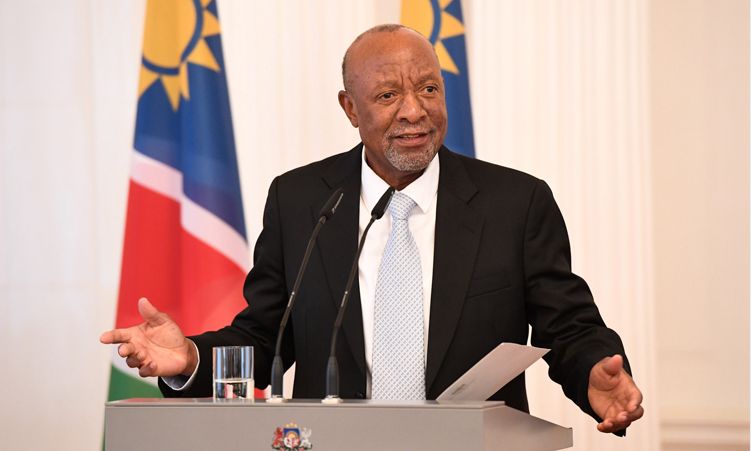There are a few in use and a few more in the pipeline, but everyone wants them and they are in short supply
SO, Covid-19 vaccines are on their way to Namibia. According to health minister Kalumbi Shangula, Namibia can expect the first batch of vaccines through the Covax Facility in the second half of February 2021.
“We are pleased to inform you that Namibia can expect […] doses of AstraZeneca vaccine….mid/late February, subject to WHO Emergency Use Listing(EUL),” stated minister Shangula at the 24th Covid-19 briefing on Wednesday.
But first, what is the AstraZeneca vaccine? The AstraZeneca vaccine is also referred to as the Oxford-AstraZeneca vaccine, having been developed by the University of Oxford and AstraZeneca in the UK. It was tested in the UK, Brazil and South Africa, and has a reported two-dose efficacy of 70%, meaning it provides 70% protection against contracting symptomatic Covid-19 disease in people over 18 years of age.
Ok, so let us dispel some vaccine myths … Why did it take only a few months to produce and approve the vaccine when other vaccines take years to develop and get approved? Yes, the development of Covid-19 vaccines has not been typical. According to Johns Hopkins University in the US, the vaccines were quickly developed because: some clinical trial phases were combined; cases accumulated rapidly to assess vaccine efficacy because of the pandemic; and manufacturing capacity was scaled up during the clinical trials but at financial risk. Contributing to the speed of vaccine development was also the fact that medical science had learned a lot about coronaviruses during the Sars and Mers outbreaks this century.
Why do they have a vaccine for Covid-19 when they never developed a vaccine for HIV-AIDS, cancer and even the common cold? On the failure to find HIV, cancer or common cold vaccines, a Reuters fact check article from December 2020 cited the NIH’s National Institute of Allergy and Infectious Diseases as saying, “Finding an HIV vaccine has been challenging because the virus mutates rapidly and has unique ways of evading the immune system. While vaccines are usually inactivated or weakened viruses, ‘inactivated HIV was not effective at eliciting immune responses in clinical trials’ and ‘a live form of HIV is too dangerous to use’.”
Concerning a vaccine for cancer, the article cited Stanford University Healthcare saying, “There is no one single cause for cancer.” Scientists believe the interaction of many factors produces cancer, such as genetic, environmental, or constitutional characteristics of the individual.
On the common cold, it reads: “WebMD explains that finding an effective vaccine for the common cold has been difficult ‘primarily because there are more than 200 different varieties of viruses that can cause colds’.”
Vaccines have been used to kill black people, especially as the West/whites want to reduce the black population/wipe out black people? This is a piece of anti-vaccine disinformation that has been particularly resilient. There is no evidence that Covid-19 vaccines were created by whites to kill or sterilise blacks.
Have people died after receiving a Covid-19 vaccine? By yesterday, nearly 100 million people had been vaccinated. While there have been deaths among people who have received a Covid-19 vaccine, no death has been directly linked to a Covid-19 vaccine to date.
Health minister Shangula also stated: “We are disturbed by misinformation and false claims against the safety and benefits of the vaccines to individuals. I call on the Namibian people not to be misled and to have faith in the government.”
Anti-vaccine disinformation has accompanied the Covid-19 pandemic every step of the way since January 2020. Already by June 2020, the International Fact Checking Network’s (IFCN) #CoronaVirusFacts Alliance – a collective of fact checkers in over 70 countries around the world – had debunked over 200 anti-vaccine hoaxes or myths that had gone viral globally. The anti-vaccine disinformation has since worsened and now that vaccines are actually available, the falsehoods have polluted the Covid-19 communication landscape, posing a real danger to lives.
If in doubt about the accuracy of information encountered or received online or in a message, check it against verified information available from credible sources, such as the World Health Organisation.
Don’t just share or forward unverified posts or information!
Stay informed with The Namibian – your source for credible journalism. Get in-depth reporting and opinions for
only N$85 a month. Invest in journalism, invest in democracy –
Subscribe Now!






